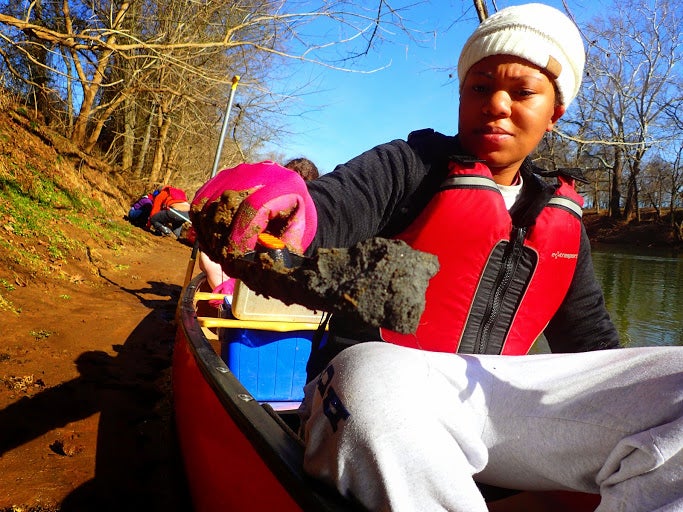
Lisa Evans is an attorney specializing in hazardous waste law. Ms. Evans has been active in hazardous waste litigation and advocacy for over 25 years. Since 2006, she has been a senior administrative counsel for Earthjustice. Lisa’s blog was originally posted here.
*************************
You have to acknowledge the tenacity of Rep. David McKinley (R, WV). Just three months (and only 42 working days) after EPA signed its first-ever coal ash rule, McKinley has introduced a new coal ash bill that guts the new EPA rule and protects the polluters who finance his campaigns.
During a hearing last week on McKinley’s bill, it became clear that, though the EPA’s final coal ash rule already gave much away to the utilities, the House majority won’t abide by any reasonable rules governing toxic ash disposal. The result is an exceedingly dangerous bill that will permanently give polluters a free pass to dump the second largest industrial waste stream in the nation without any accountability to the communities they are fouling.
So how does the new bill eliminate, weaken and/or delay coal ash requirements critical to protecting public health and safety?
Let us count the ways:
- Denies the public info concerning contaminated sites and dangerous dams. Communities will likely be unable to find out if there are toxic chemicals in their drinking water, spills in their neighborhood, or unstable dams above their homes. The new EPA rule requires that this critical info be posted on a publicly accessible website.
- Maintains a free-for-all on dumping coal ash directly in drinking water. Unlike the EPA rule, the new bill contains no ban on building and operating a coal ash pond near aquifers. Ponds that are located near aquifers now—and there are many—can continue to dump toxic waste, and new dumps can be built on top of drinking water sources.
- Eliminates the rule’s national standard for drinking water protection and cleanups. According to this bill, states will not be bound by federal health standards—they can choose the level of hazardous chemicals like arsenic, lead, molybdenum, mercury and thallium that they will allow in the groundwater.
- Allows legacy ponds to take their time in closing up shop. The bill will likely delay cleanup of legacy sites for years and allow contaminated and abandoned ponds, like the Dan River dam that burst last February, to escape all safety requirements—including inspections — for up to 7 years. The bill also contains a loophole that would allow contaminated and abandoned ponds to escape all closure requirements whatsoever, if a utility starts dumping non-coal ash waste in legacy (inactive) coal ash ponds.
- Lets the polluter off the hook in responding to and notifying the public of toxic spills. Unlike the EPA rule, the bill does NOT require utilities to notify anyone of toxic spills and does not require immediate cleanup.
- Eliminates the state’s duty to require cleanup of toxic spills. According to the bill, the utility industry need not clean up toxic spills, if states don’t want to require it. Toxic cleanups are costly and if you have friends in high places, you may not have to do it at all. We know of at least one state that famously refuses to require coal clean ups.
- Establishes an inconsistent patchwork of state programs, which need not meet any standard of protection for health and the environment and which will cause great uncertainty and inequality nationwide.
Last December, the EPA bent over backwards to satisfy the concerns of industry, recyclers and states, but clearly the agency didn’t do enough in the minds of the majority leadership. Rep. McKinley and his coal industry bullies won’t stop until coal ash is allowed to continue to harm the health, economy and environment of communities near more than 1000 coal ash dumpsites across the country.
Earthjustice and our allies are fighting back by letting Congress know that Americans nationwide want to be protected from toxic ash. Nearly 200 public interest groups and private and impacted citizens are letting Congress know that they oppose the new House bill and that they expect their elected officials to keep our communities safe and our water and air free of toxic chemicals.
Click here to download my full testimony to the U.S. House Subcommittee on Environment and the Economy.